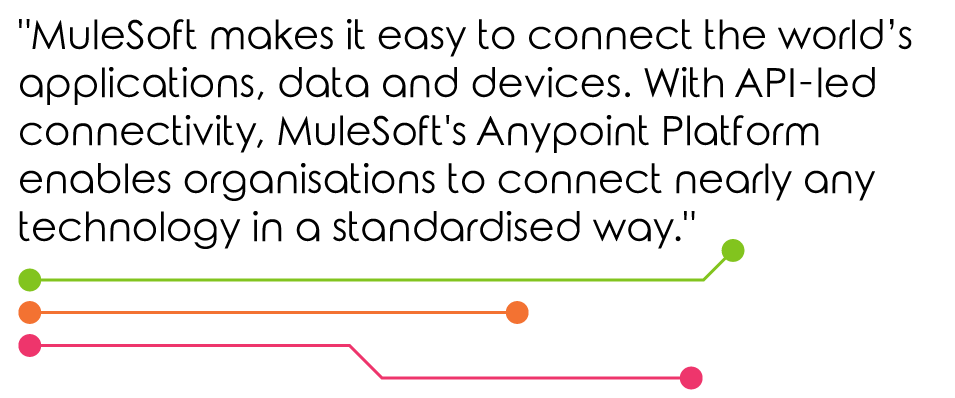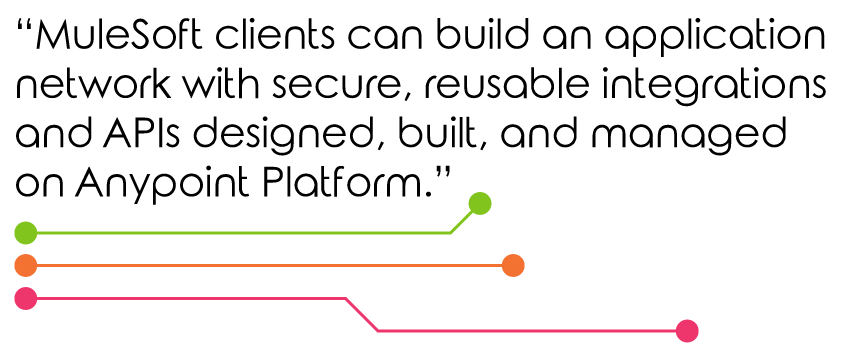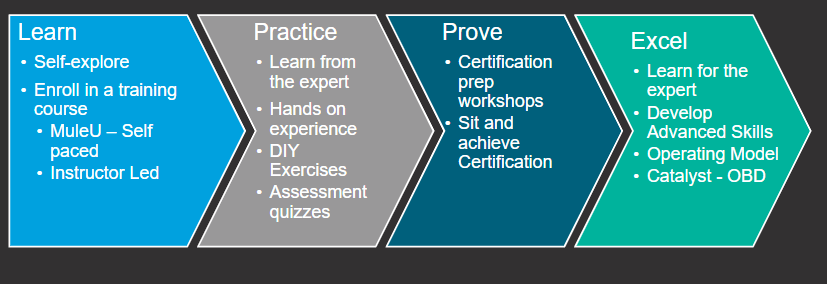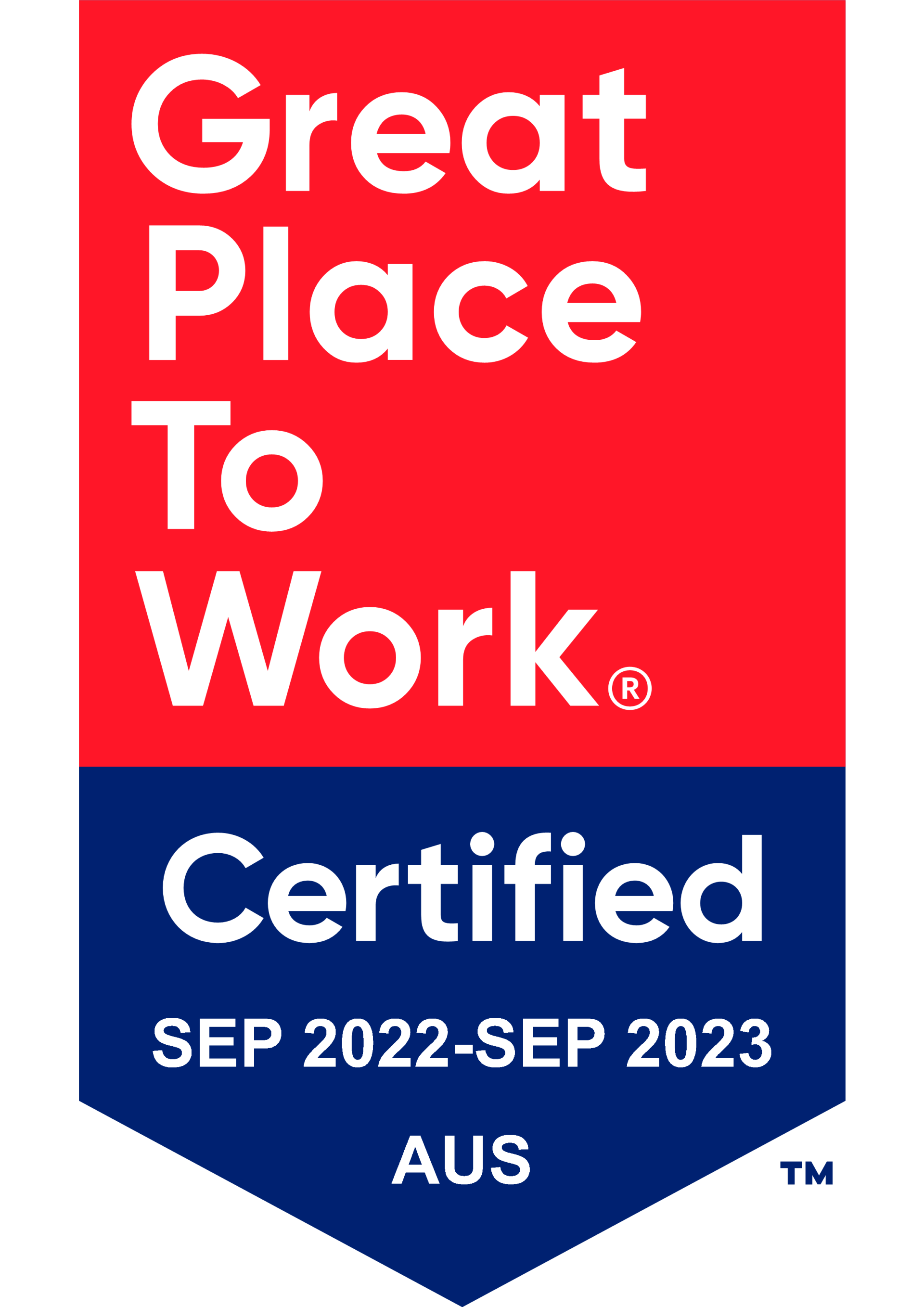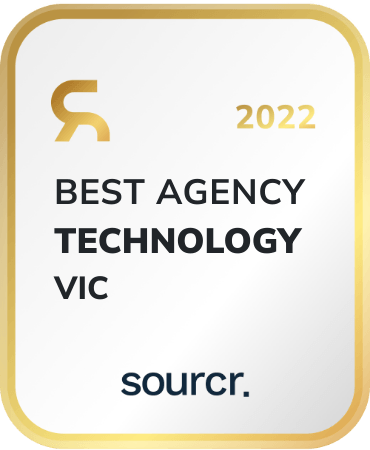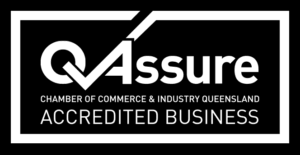Opportunities with MuleSoft - Training and Certification
The MuleSoft team at PRA are excited to be working alongside MuleSoft to raise awareness of the certification training programmes that MuleSoft offers and the opportunities that exist for those who are certified.
At PRA, we’ve been recruiting MuleSoft professionals since early 2017, with a dedicated team in place for the last couple of years servicing large corporates and SMEs nationally. Over this time, we’ve seen a significant uptake in the use of MuleSoft by organisations and the demand for certified MuleSoft professionals has grown exponentially.
This has been driven by the need for organisations to enhance their customer experience as well as improve productivity and connectivity in order to remain competitive. Collaboration with other businesses across platforms and applications has become a must in order to serve the common needs of their shared customers. So, our clients are now operating in a landscape that allows seamless integration with systems they don’t control.
That is why many organisations we work with — in an effort to support their ever-changing transformation needs — are looking for more and more people with MuleSoft expertise. With MuleSoft fast becoming the epicentre of integration, gaining one or more MuleSoft certifications will catapult your career and increase your opportunities.
MuleSoft Overview
This has been driven by the need for organisations to enhance their customer experience as well as improve productivity and connectivity in order to remain competitive. Collaboration with other businesses across platforms and applications has become a must in order to serve the common needs of their shared customers. So, our clients are now operating in a landscape that allows seamless integration with systems they don’t control.
Put simply, MuleSoft empowers organisations to connect everything! It enables easy integration of existing systems, regardless of the different technologies that are being used. What is most noteworthy, however, is the fact that MuleSoft sheds the need for brittle custom code integrations, paving the way instead for organisations to design, create and manage reusable APIs on one centralised platform. Organisations can maintain full control over the API management lifecycle from design to delivery in any environment — cloud, on-premises or hybrid.
With MuleSoft’s Anypoint Platform, development teams launch applications are 3x faster and are 300% more productive! This has meant many of the companies we work with who have adopted MuleSoft are even more competitive and leading the way in their digital transformation journey.
Training Programmes Available to You
As MuleSoft continues to become integral to the growth and progress of global businesses across all industries, the demand for development teams who have the pertinent skills and expertise has grown exponentially. MuleSoft training and certification is focused on building strong foundations to drive success for individuals, teams and the business as a whole.
Whatever your role in a MuleSoft project — as a Manager, Developer, Architect, Administrator, or IT professional — there is an overarching learning path to teach you what you need to know to be successful. Below is an overview of the MuleSoft training pathway:
MuleSoft training and certification provide the “what” and the “how,” as well as the “why.” This gives professionals an insight into the rationale behind key product features, innovative tools, useful applications, and more.
Below are the upcoming dates for the next MuleSoft training sessions:
| Course | Type | Date Availability | Duration |
| A Technical Introduction to MuleSoft | Custom Private Training Course (for PRA Candidates & Clients) Registration Code: PRA |
19th Sept (online) | 6 hours |
| MuleSoft.U Development: Fundamentals (Mule 4) | Self-Paced | On Demand | 40 hours |
| DIY Labs and Self-Assessment Quizzes | Self-Paced | On Demand | 20 hours |
| MuleSoft Certified Developer - Level 1 (Mule 4) | Certification | On Demand | N/A |
| Certification Nurture Program | Email Nurture | N/A | N/A |
Exclusive Training for PRA Clients & Candidates
This introductory instructor-led course on 19th September is for anyone and everyone involved in an Anypoint Platform project who wants to get hands-on experience learning what Anypoint Platform is and how it is used to discover, consume, design, build, deploy, manage, and govern APIs.
- Registration URL: https://training.mulesoft.com/class/register
- Registration Code: PRA
Summary
Achieving MuleSoft certification is a step in the right direction to gaining the skills, experience and expertise that the industry is demanding. There is no doubt that in order to remain relevant and competitive in this age of constant digital transformation, certification is necessary.
If you’re interested in getting involved with MuleSoft, or you are already certified but looking for a fresh opportunity, or you are an employer looking to hire MuleSoft certified developers, take action today.
Contact MuleSoft to find the right course for you in your location here.
Contact PRA to find the latest opportunities and advice on current MuleSoft market trends here
Extra Resources
Below, we've included a number of extra resources around the benefits that integration can have for businesses, as well as the value that MuleSoft can bring to your organisation.
The Value of Integration - MuleSoft Whitepaper
Rise of Composable Enterprise - MuleSoft Whitepaper
Integration Use Case Whitepapers - MuleSoft
The Developer Coefficient - Stripe Whitepaper (an excellent insight on the cost of developers and the savings that can be made through re-use).


